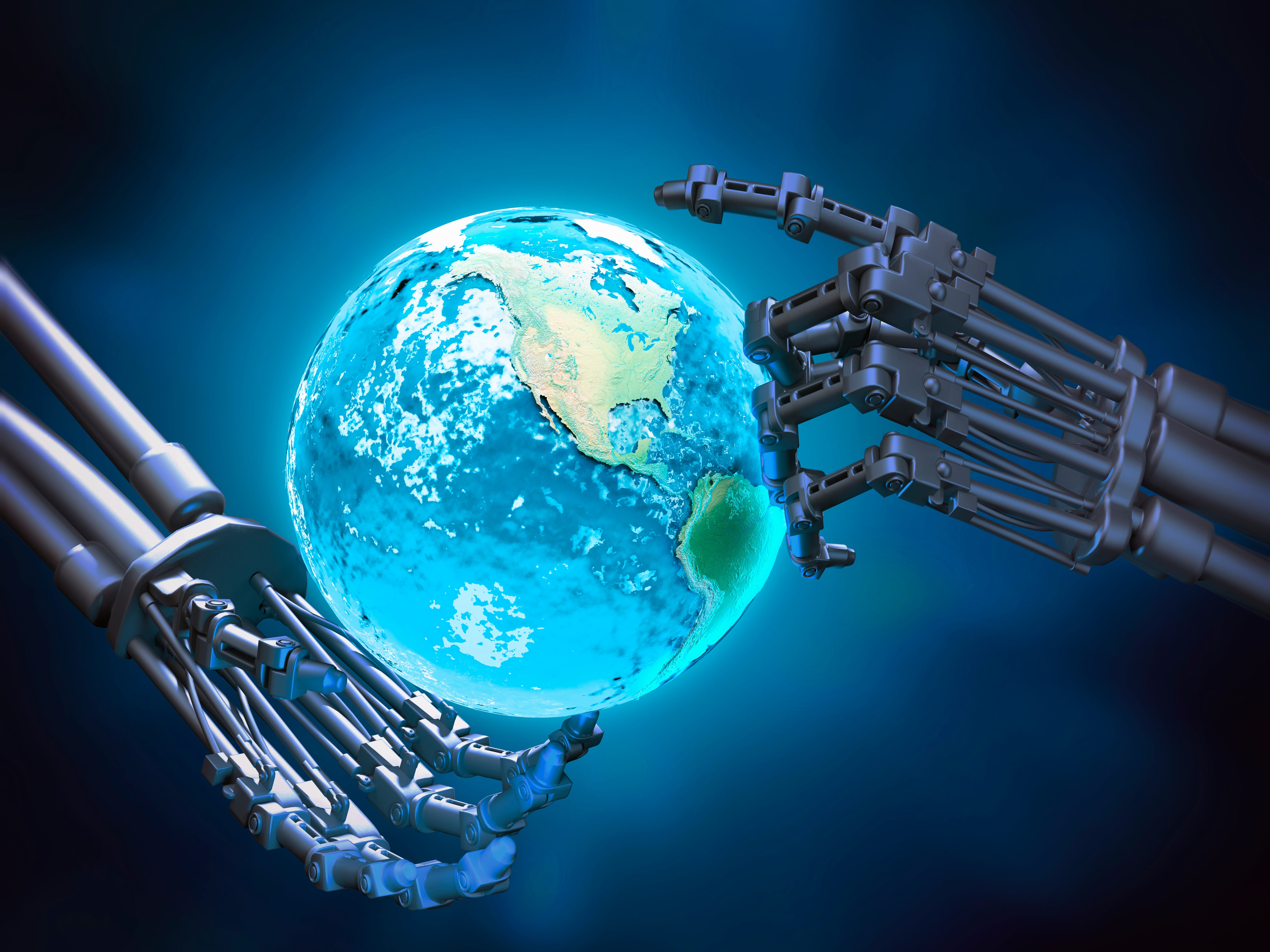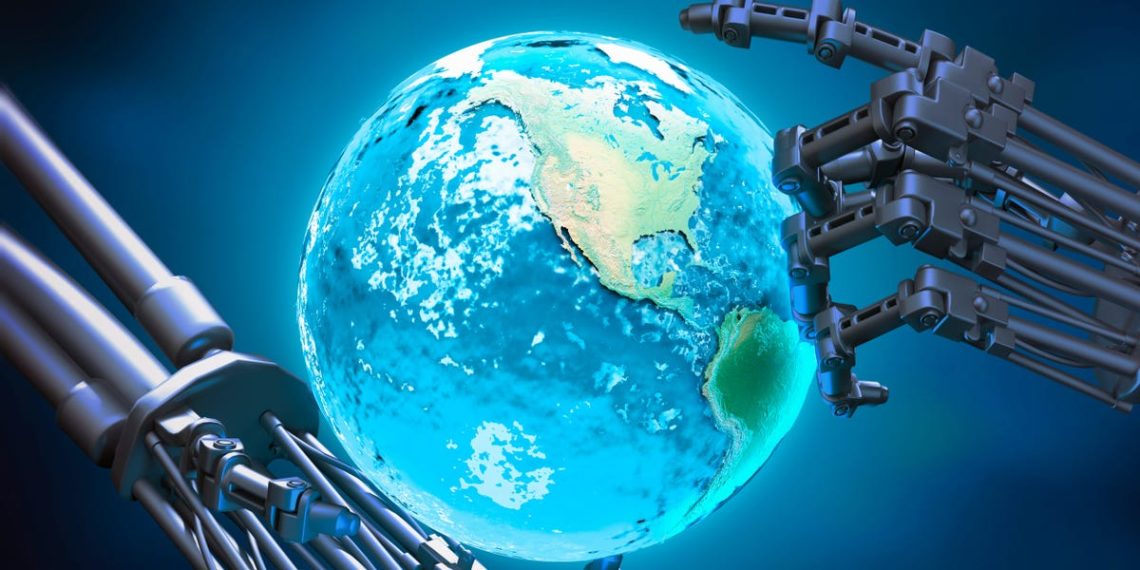
Science Photo Library via Reuters Connect
- This post originally appeared in the Business Insider Today newsletter.
- You can sign up for Business Insider’s daily newsletter here.
Name something AI companies love more than buying compute power. I’ll wait.
OpenAI continued its power grab for … power with a $38 billion deal with Amazon’s AWS.
These deals are starting to meld together for me. So, I decided to bug my fantastic colleague Alistair Barr, who covers this topic closely. (He also writes the amazing Tech Memo newsletter, which you can subscribe to here.)
OK, let’s get into it:
Dan: I once joked that OpenAI only cuts deals for more compute on days that end in “y,” but it’s really feeling that way now. What’s your top-line takeaway from its deal with AWS?
Alistair: Amazon couldn’t work with OpenAI models until recently. Microsoft redid its big agreement with OpenAI last week, and as part of that the startup has more freedom to sign deals with other cloud providers. One of the first things you’d do in that situation is call AWS for capacity. It’s still the big dog in cloud!
Dan: But just because you can doesn’t mean you should, right? OpenAI has more than $1 trillion worth of compute deals on the books. Executives like to say the biggest risk is not spending enough, but at what point does that argument reach its limit? Or perhaps I’m too small-minded (hence why VCs aren’t throwing billions at me).
Alistair: What OpenAI CFO Sarah Friar said earlier this year was illuminating. The company has to choose which projects not to pursue because it lacks computing resources. For any ambitious leader, being held back simply by a shortage of computers must be maddening. From that angle, signing as many AI-cloud deals as possible seems rational.
Dan: Fair point! But are these products driving real revenue? You recently wrote about a slowdown in enterprise AI adoption. I wonder if it shows a disconnect between AI executives’ hefty proclamations and the reality of user interest in their tools.
Alistair: True. OpenAI is still a startup, and its future earnings potential is hard to gauge. That’s common in tech. Many companies start with products that make little revenue and look wildly unprofitable while they invest heavily to attract users. Monetization comes later, and sometimes profits explode. Amazon is the classic example; Meta too — it now earns around $70 billion a year in profit.
Dan: OK, so how does OpenAI get there in the next decade or so? All this spending still has me a bit uneasy. (Although Sam Altman might not like me saying that.)
Alistair: Search-style ads in ChatGPT could be a goldmine. A billion people revealing private desires and wishes — this is the richest ad data since Google. Google makes about $100 billion in annual profit from Search. If OpenAI captures half that, ChatGPT ads alone could yield $50 billion in profit. With the AI video network Sora, you could apply the same model. Using Meta as the comparison, with roughly $70 billion in annual profit, OpenAI could earn another $35 billion.
Add consumer and enterprise subscriptions, and potentially an Apple-style device business, workplace AI tools, and an AI-powered App Store. If many of these future businesses succeed, OpenAI could approach $100 billion in annual profit, enough to fund many data center deals. Of course, none of this is certain. As Marc Andreessen likes to ask, “Is OpenAI the next Google?” That’s the trillion-dollar question. If I knew the answer, I’d be investing, not writing, for a living.
The Business Insider Today team: Dan DeFrancesco, deputy executive editor and anchor, in New York. Hallam Bullock, senior editor, in London. Akin Oyedele, deputy editor, in New York. Grace Lett, editor, in New York. Amanda Yen, associate editor, in New York.
Read the original article on Business Insider
The post OpenAI can’t stop cutting deals for compute power. But when is enough enough? appeared first on Business Insider.




